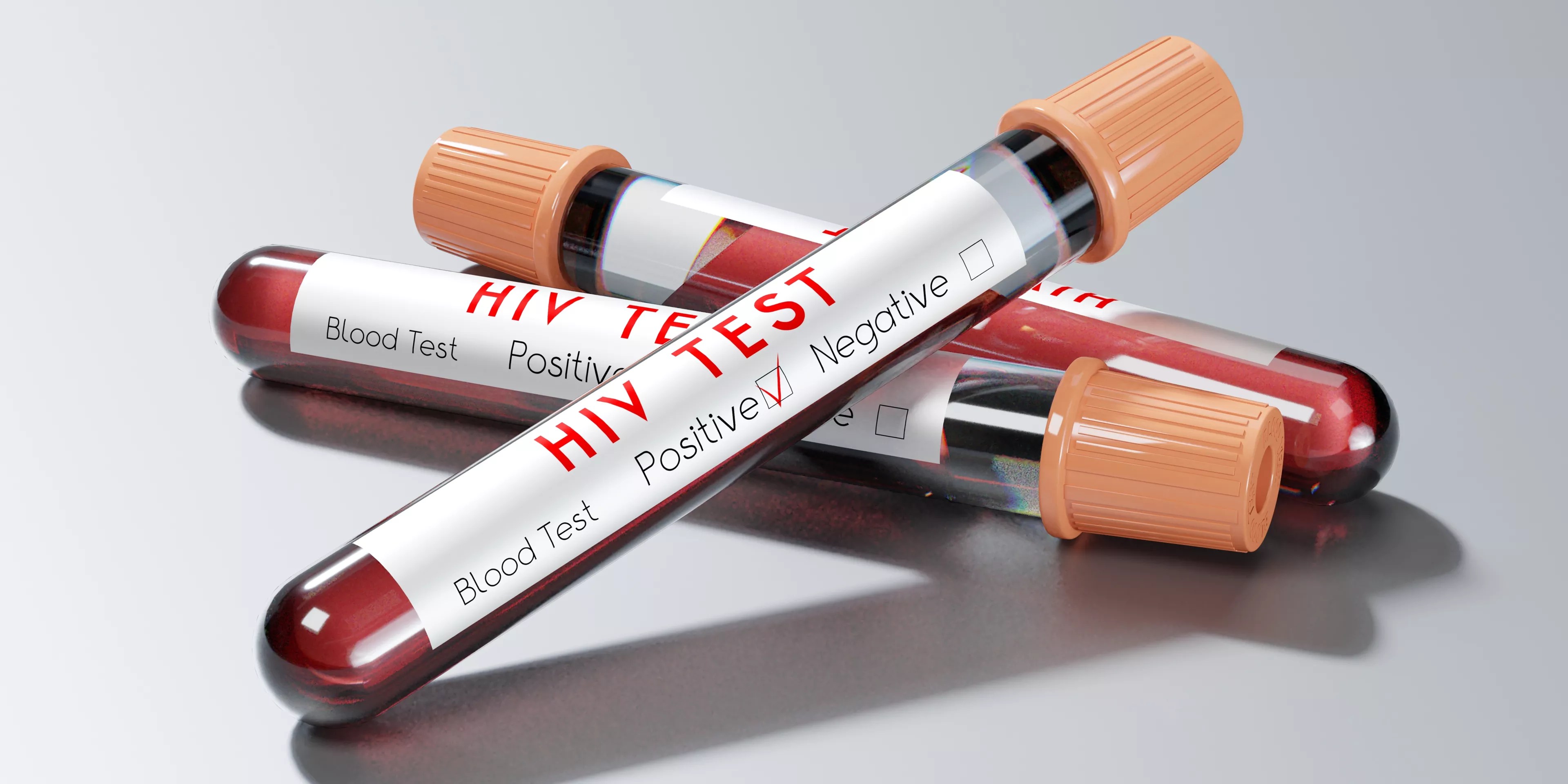
Adobe Stock

Audio By Carbonatix
Human Immunodeficiency Virus, or HIV, swept through the nation in the mid-’80s, claiming the lives of 100,000 people in 10 years. In 1996, after the development of highly active antiretroviral therapy, the first successful agent in reducing the spread of HIV, new cases started to reduce. But all these years later, HIV and other sexually transmitted diseases are on the rise in Dallas.
“Dallas-Fort Worth metroplex is a very large area in one of the largest states in America,” said Steven Tamayo, director of community health for Kind Clinic, an inclusive sexual health clinic. “And so there’s naturally just more people. More people sometimes means more sex, more sex sometimes means more STIs, and that’s just the natural progression of things.”
Dallas has the second-highest rate of new HIV cases in the state, following Houston. Between 2014 and 2023, there were 4,847 new HIV cases in Dallas County. Texas has more new HIV cases than any state in the country. The increase in HIV and STIs is witnessed globally and can be explained by several reasons.
Simply put, people are having more sex. The removal of isolation regulations after the pandemic explains the global increase in HIV and STIs.
“Coming out of quarantine, coming out of a slow period, you see a bit of an increase during those times,” said Steven Tamayo, director of community health for Kind Clinic.
But the more localized cause is two-fold, says Tamayo.
“In a red state, folks in the LGBTQIA+ community might feel safer or feel like they have more opportunities in a larger city like Dallas,” Tamayo said. “That’s not to say that HIV only impacts people in the LGBTQIA+ community because it certainly does not discriminate, but we do know that folks from this community are disproportionately impacted by HIV.”
Dallas’ status as a more liberal city than much of the state surrounding it isn’t the only reason for the rise. While the city’s blueness attracts vulnerable communities, our location within the Bible belt also helps explain the rise.
“There’s not comprehensive sexual health education in schools,” says Tamayo. “There is a lot of religious trauma, upbringing, influence that goes into a lot of the decisions that people might make in terms of coming out or in the behaviors that they engage in. And there’s a lot of stigma associated with just being gay or having having sex with somebody of the same gender as you.”
Almost half of the HIV-positive population in the country lives in the southern United States. Several states in the South, including Texas, mandate abstinence-focused sex education, a curriculum that enforces abstinence over safe sexual activity. The result, opponents say, is higher rates of teen pregnancy and an increasing rate of sexually transmitted diseases and infections.
“Having restrictions in place that don’t allow for people to learn about the things that they’re doing or want to do with their bodies and the risks that are associated with that can be an additional barrier to already a lot of other things that are in place that might prevent somebody from accessing sexual health care or getting safer sex supplies or even just getting tested,” Tamayo said.
The antiretroviral therapies for treating HIV are 99% effective, and most people who take the medicine properly are considered “undetectable and untransmittable.” But getting care, or even getting tested, isn’t always easy, according to Tamayo.
“If you go to a primary care physician’s office, they might have some of the training that our providers do,” he said. “In most cases, they don’t. They may have never cared for an individual who is transitioning and accessing gender-affirming care. They may have never provided care for somebody who is living with HIV.”
Kind Clinic is intentionally stationed in the heart of Oak Lawn, the lively hub of the local gay community. The clinic is launching a new mobile testing site administered out of a van to better provide vulnerable communities with an inclusive and accepting approach to sexual healthcare. The Kind Clinic van will be stationed at various local events, providing on-site testing for HIV, gonorrhea, syphilis, chlamydia and Hepatitis C., as well as providing care plans and resources for those who test positive for HIV, with or without health insurance.
“It’s not just the quality of care and the culture and the affirming nature of the care that we provide, and sex-positive care as well,” said Tamayo. “it’s really our understanding that to reach more communities, we’re going to have to debate how we bring the care to them in the first place.”